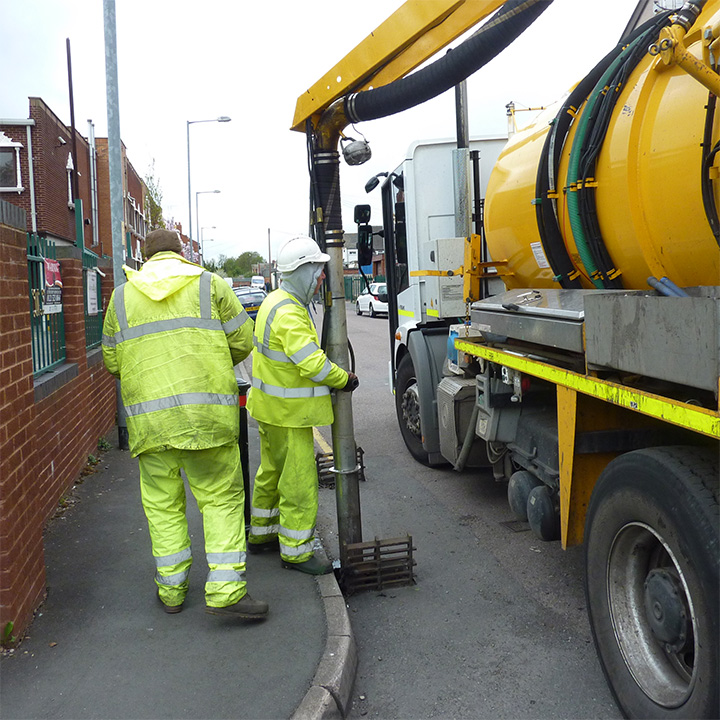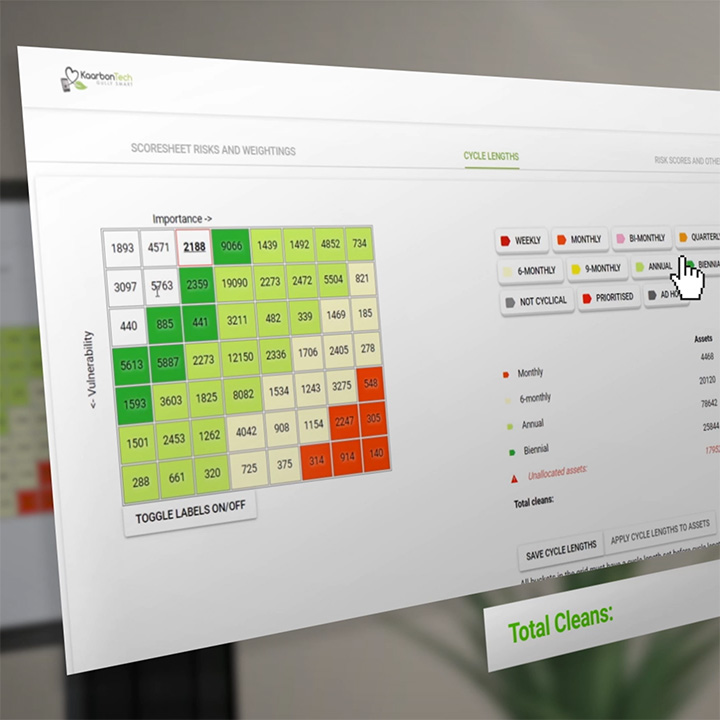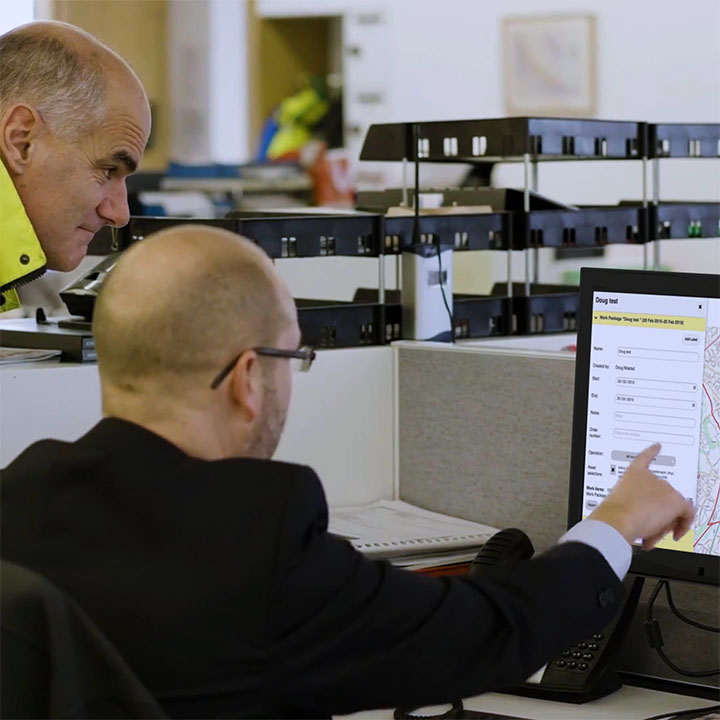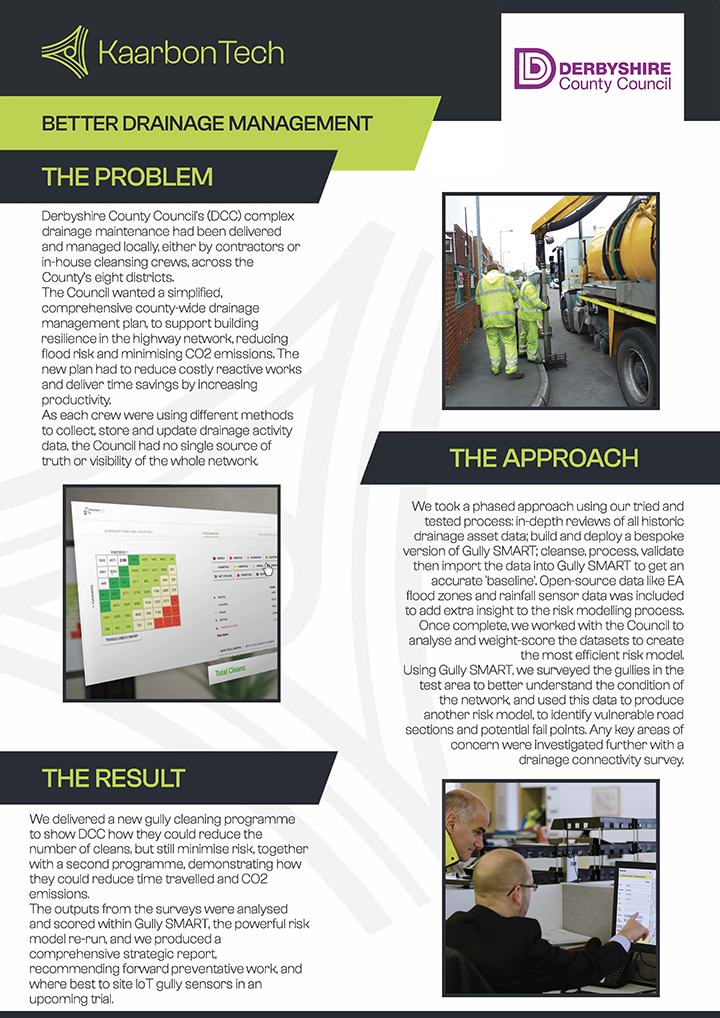Derbyshire County Council’s (DCC) complex drainage maintenance had been delivered and managed locally, either by contractors or in-house cleansing crews, across the County’s eight districts.The Council wanted a simplified, comprehensive county-wide drainage management plan, to support building resilience in the highway network, reducing flood risk and minimising CO2 emissions. The new plan had to reduce costly reactive works and deliver time savings by increasing productivity.As each crew were using different methods to collect, store and update drainage activity data, the Council had no single source of truth or visibility of the whole network.

Extensive drainage asset data review to establish a baseline and the creation of an effective risk model.
We took a phased approach using our tried and tested process: in-depth reviews of all historic drainage asset data; building and deploying a bespoke version of Gully SMART; cleanse, process, validate then importing the data into Gully SMART to get an accurate ‘baseline’. Open-source data like EA flood zones and rainfall sensor data were included to add extra insight to the risk modelling process. Once complete, we worked with the Council to analyse and weight-score the datasets to create the most efficient risk model. Using Gully SMART, we surveyed the gullies in the test area to better understand the condition of the network and used this data to produce another risk model, to identify vulnerable road sections and potential failure points. Any key areas of concern were investigated further with a drainage connectivity survey.

CO2 and cost savings have been achieved, due to the reduction in the number of gullies that are routinely cleansed, taking a risk-based approach for greater efficiency.
We delivered a new gully cleaning programme to show DCC how they could reduce the number of cleans, but still minimise risk, together with a second programme, demonstrating how they could reduce time travelled and CO2 emissions. The outputs from the surveys were analysed and scored within Gully SMART, the powerful risk model re-run, and we produced a comprehensive strategic report, recommending forward preventative work, and where best to site IoT gully sensors in an upcoming trial.

"We partnered with Derbyshire to create a risk-based drainage strategy, resulting in time, cost, and CO2 savings.
"
